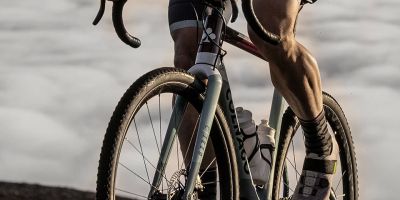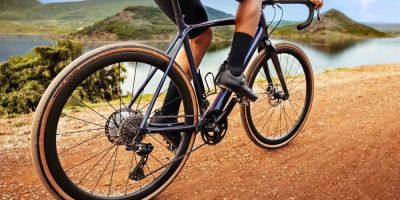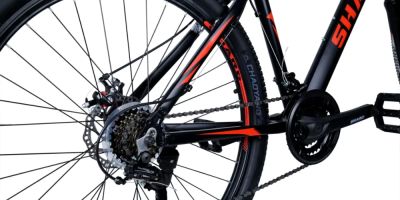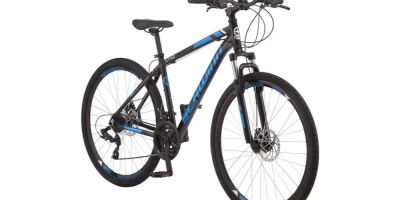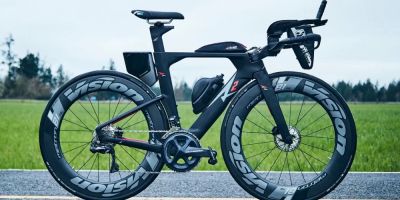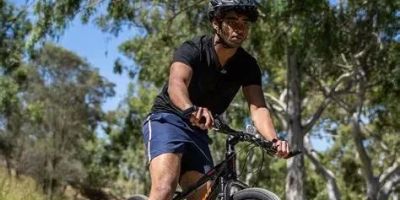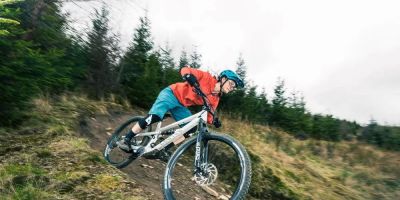Choosing the Best Mountain Bike Gear for Your Ride: A Rider’s Guide
1. Understanding the Basics of Mountain Bike Gear
As a mountain biking enthusiast, I've come to appreciate how important the right gear is for an enjoyable and safe ride. Whether you're tackling steep hills, navigating rocky paths, or cruising through forest trails, having the right mountain bike gear can make all the difference. The best gear enhances your comfort, performance, and safety, ensuring that your ride is as smooth as possible. From helmets and gloves to pedals and suspension systems, understanding the role of each piece of equipment is essential before heading out on your next adventure.
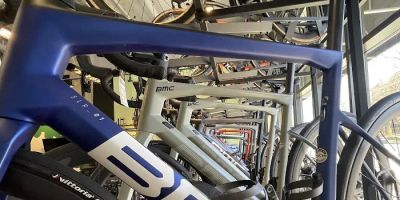
Conte's Bike Shop
3449 Wilson Blvd, Arlington, VA 22201, USA
2. Essential Mountain Bike Gear for Every Rider
Before you start shopping for gear, it’s crucial to identify what you actually need. Over the years, I've learned that the essentials are pretty straightforward but vary depending on your specific riding style and terrain. Here’s a breakdown of the gear I consider essential:
- Mountain Bike Helmet: Safety should always come first. A quality helmet protects your head from serious injuries, especially during falls or high-speed rides. I learned the importance of investing in a good helmet after an unexpected tumble on a rocky trail. The right helmet can mean the difference between a minor injury and a severe one.
- Gloves: Mountain biking gloves are designed to provide comfort, grip, and protection. I remember my first long ride without gloves—my hands felt raw, and I couldn’t get a solid grip on the handlebars. Gloves with padding help prevent hand fatigue and protect against cuts or scrapes from branches and rocks.
- Mountain Bike Shorts: Riding can be tough on your body, and mountain biking shorts with padding can reduce discomfort during longer rides. These shorts are designed to wick away moisture and prevent chafing, which made my rides much more comfortable after switching from regular shorts to specialized ones.
- Hydration Pack: Staying hydrated is essential, especially on hot days or during long rides. A hydration pack allows you to carry water while keeping your hands free to focus on the ride. I always keep my hydration pack filled and ready to go—it’s a lifesaver during those extended rides where water stations are few and far between.
3. Understanding the Role of Suspension Systems
As I ventured deeper into mountain biking, I realized that one of the most significant factors affecting my comfort and performance was the suspension system. There are two main types of suspension systems: full suspension and hardtail. Both have their advantages, but it’s crucial to pick the right one based on your needs.
- Hardtail Bikes: These bikes have a suspension fork at the front but no rear suspension. Hardtail bikes are great for cross-country riding and lighter trails where you need more pedaling efficiency. I personally started with a hardtail because it was lighter and more affordable, making it a great choice for beginners.
- Full Suspension Bikes: These bikes have suspension at both the front and rear. They’re ideal for technical terrain, downhill tracks, and rough trails where you need added comfort and control. After upgrading to a full suspension bike, I noticed a huge difference in my ability to handle rocky trails and steep descents with ease.
When choosing the right suspension, consider your riding style and the terrain you’ll be tackling. A hardtail might be perfect for beginners or those who prefer a faster, more responsive ride, while a full-suspension bike offers more comfort and control for challenging terrain.
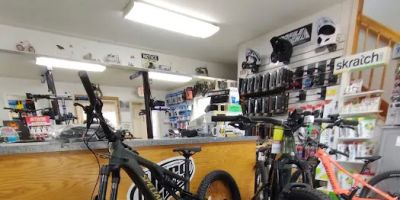
Bicycle Barn LLC
839 Reading Rd, East Earl, PA 17519, USA
4. Choosing the Right Tires for Your Riding Style
One of the most underrated aspects of mountain biking gear is the tire selection. Over the years, I’ve learned that the right tire can drastically change the way your bike handles. Tires come in various widths, tread patterns, and materials, so it’s important to match your tires to the type of terrain you plan on riding.
- Narrow Tires: These tires are faster and more efficient on smooth, hard-packed trails. They’re ideal for cross-country biking, where speed is essential, but they don’t offer as much traction on loose or muddy surfaces.
- Wide Tires: Wider tires offer better grip and stability, making them ideal for rough terrain and rocky trails. I’ve found that wider tires perform better on downhill sections and give me the extra confidence to ride over roots and rocks without losing control.
- Knobby Tires: If you’re riding on loose dirt, mud, or snow, knobby tires are essential. These tires have deep treads that dig into soft ground, providing better traction. They’ve been a game-changer for me when tackling more challenging trails.
5. Pedals, Chains, and Other Essential Accessories
Beyond the basics, there are several other accessories that make a huge difference in your ride. I’ve come to appreciate high-quality pedals, chains, and accessories like lights, racks, and bike locks. Let’s dive into some of these components:
- Pedals: Pedals come in two main types: flat pedals and clipless pedals. Flat pedals are perfect for beginners or those who want quick foot release during technical rides. I started with flat pedals for the freedom they offer, but as I became more experienced, I switched to clipless pedals for better control and pedaling efficiency.
- Chain: A high-quality chain ensures smooth shifting and reduces the chances of mechanical failures while riding. Regularly cleaning and maintaining your chain will keep your bike in top condition, as I learned the hard way after a rusty chain led to a skipped gear during a ride.
- Bike Lights: If you plan on riding early in the morning or late at night, bike lights are a must for visibility. I’ve found that a good front and rear light system not only keeps me safe but also makes riding in low-light conditions a lot less stressful.
6. Where to Find the Best Mountain Bike Gear
After years of experimenting with different types of gear, I recommend looking for high-quality equipment at trusted shops. Websites like 【Healthy Cycling】 offer a great range of mountain biking gear, where you can find everything from bikes and accessories to protective equipment. Make sure to read reviews and seek expert advice to find the gear that best suits your needs.
Mountain biking is all about finding the right balance between performance, comfort, and safety. Take the time to choose gear that fits your style and terrain preferences, and don’t be afraid to invest in higher-quality equipment that can make your ride smoother and more enjoyable.

